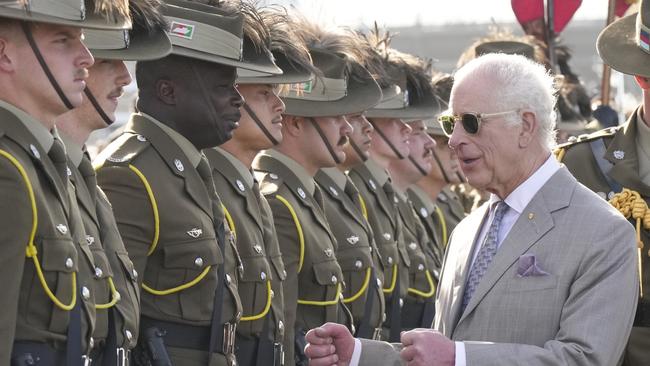
While Australia has long been an independent state, and while it is no longer simply British, it remains defined by its British origins through its primary language, law, tradition of liberal rights, and parliamentary democracy. These are all valuable inheritances – and they’re thoroughly Australian.
But they’re only thoroughly Australian because they were originally British. They weren’t just lying to hand as part of the natural environment and they didn’t just drop, fully developed, out of heaven.
They were the long, sometimes bloody, work of generations in a particularly English political tradition, in which the executive power of the monarch became ever more subject to constitutional limits.
French observers way back in the late Middle Ages were struck by how contained the English king was by his parliament. And when he tried to break out, we all know what happened: made to sign Magna Carta in 1215 when he was lucky, or having his head lopped off in 1649 when he wasn’t.
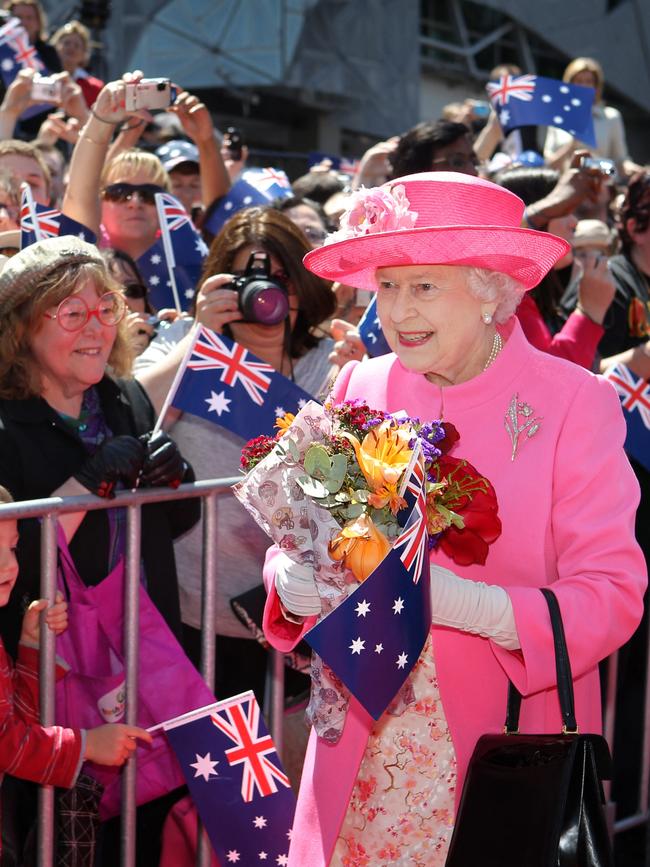
It’s really not a coincidence that some of the most liberal countries on Earth – the US, Canada, Australia and New Zealand – share in that tradition. They were all members of the British Empire, which exported it. Other parts of the world, which were never members, don’t have it. Think China and North Korea.
Australia’s constitutionally limited monarchy is a living link to that liberal political tradition. While insecure adolescents are driven to kick over the traces and sever parental ties, in order to affirm their individual identities, secure adults don’t need to. Confident in themselves, they’re free to admit, and to appreciate, what they’ve inherited. Modern Australia is surely adult.
Nowadays, of course, the British Crown is besmirched by its association with colonialism, and colonialism is identified with slavery. For sure, the British Empire was far from sin-free. It presided over bad things – some tragic, some lamentable, some atrocious. But name any 400-year-old state of which the same cannot be said. Even nice, modern, egalitarian, neutral Sweden once stabbed and hacked its way across Europe in the form of Gustavus Adolphus’s armies in the early 1600s.
What’s more, the British Empire also chalked up some extraordinary, heroic humanitarian achievements, of which even “progressive” Australians should be proud. Consider this: the British Empire was among the first states in the world’s history to abolish the institution of slavery, and it then led the world in suppressing it from Brazil, across Africa and India, to Malaysia and New Zealand for the last century and a half of its life. Consider this, too: the reason young Australians lie buried in desert graves at El Alamein is that they answered the call to fight the massively murderous, racist regime in Nazi Germany. And who called them? The British Empire. Indeed, between May 1940, when France fell, and June 1941 when Germany invaded the Soviet Union, the empire offered Hitler the only military opposition – with the sole exception of Greece.
In an age that considers individual choice the only source of authority, the hereditary nature of monarchy seems outrageously unmodern. But medieval people weren’t always stupid.
They had reasons for what they did, and sometimes their reasons were good. The basic point of a hereditary monarchy was always to preserve the state from disintegrating into political dispute at best, civil bloodshed at worst. An elected presidency is bound to be politically partisan. Look at the US. Half the country loathes Kamala Harris; the other half hates her rival, Donald Trump. Note that we’re not talking here just about the head of government; we’re talking about the head of the very state itself, who is supposed to represent the whole nation. And note the title of Alex Garland’s film, released earlier this year, about a dystopian US: Civil War.
In its modern form, riding above party politics, the monarch is free to focus on encouraging and supporting civil society. King Charles’s late father established the Duke of Edinburgh Awards scheme, to encourage young people to develop character, initiative, public spiritedness, and life skills. It now operates worldwide in 144 countries.
Charles himself, as Prince of Wales, founded the Prince’s Trust (now the King’s Trust) to help young people struggling at school or unemployed to get their lives on track. Three years ago, when attending an awards ceremony at Windsor Castle, I was deeply moved at the sight of the Crown falling over itself to recognise and reward the contributions to the commonwealth of citizens from the glitzy top to the parochial bottom. There is so much more to public life than party politics. The Crown knows that, attends to it, and reminds us.
For sure, democracy is an important part of a healthy political constitution. It keeps government responsive and accountable to the people it’s supposed to serve. But political health needs a mixed constitution, not a purely democratic one. The will of a popular majority is no guarantee of wisdom or justice. Indeed, it can be the agent of grave error and injustice. Remember that it was democratic election that put Hitler into power in 1934.
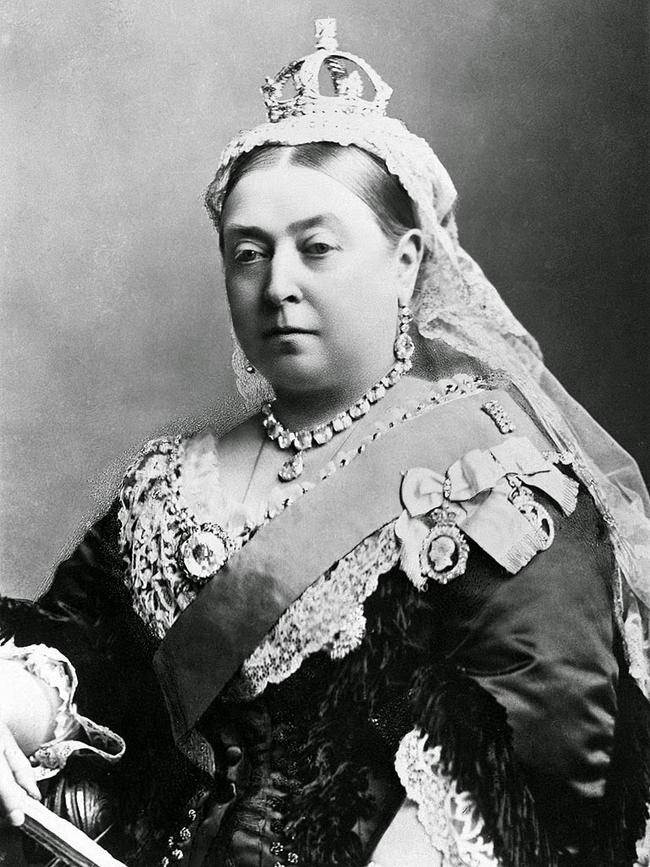
Therefore, it’s important to have another part of the constitution that affirms the subjection of the state to the given principles of justice, which are not the fickle creatures of popular majorities. That is what the monarch does at his coronation, when he receives the symbols of his authority on his knees – from above, not from below.
Australians elect their own governments and select their own representative of the Crown. The Crown is not foreign, but at once Australian and British. It also brings important benefits to Australian public life, symbolic and practical: it attests to a particular, hard-won and far-from-universal tradition of liberal politics; it expresses continuity with an empire that achieved some admirably “progressive” things; it keeps the head of state – the focus of national loyalty – above the strife of party politics; it celebrates private citizens who serve the public good, often at the grassroots; it stoops down to raise up the young and vulnerable, and; it reminds the democratic people their free choices are accountable to principles of justice they didn’t invent.
Australians could sever themselves from all this. But for what good? Besides, they really don’t have to choose between being republicans and royalists. For they could agree to think of Australia – like Britain since the middle of the 19th century – as a “monarchical republic”.
Nigel Biggar is the regius professor emeritus of Moral Theology at the University of Oxford and author of the best-selling Colonialism: A Moral Reckoning (2023, 2024)


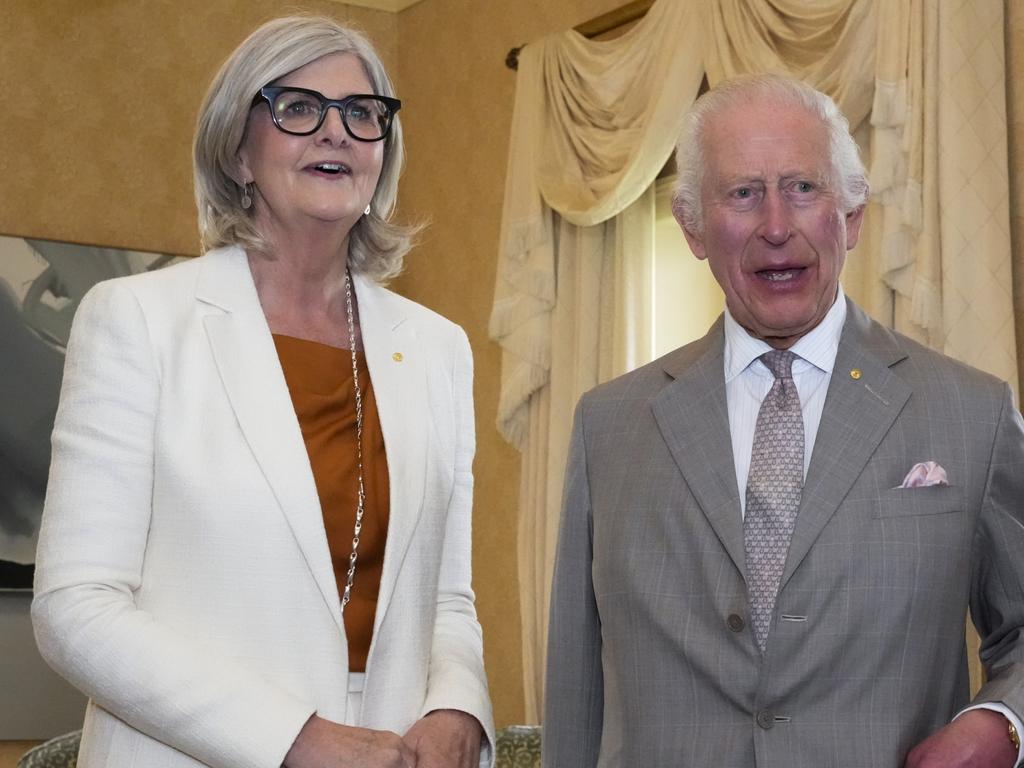
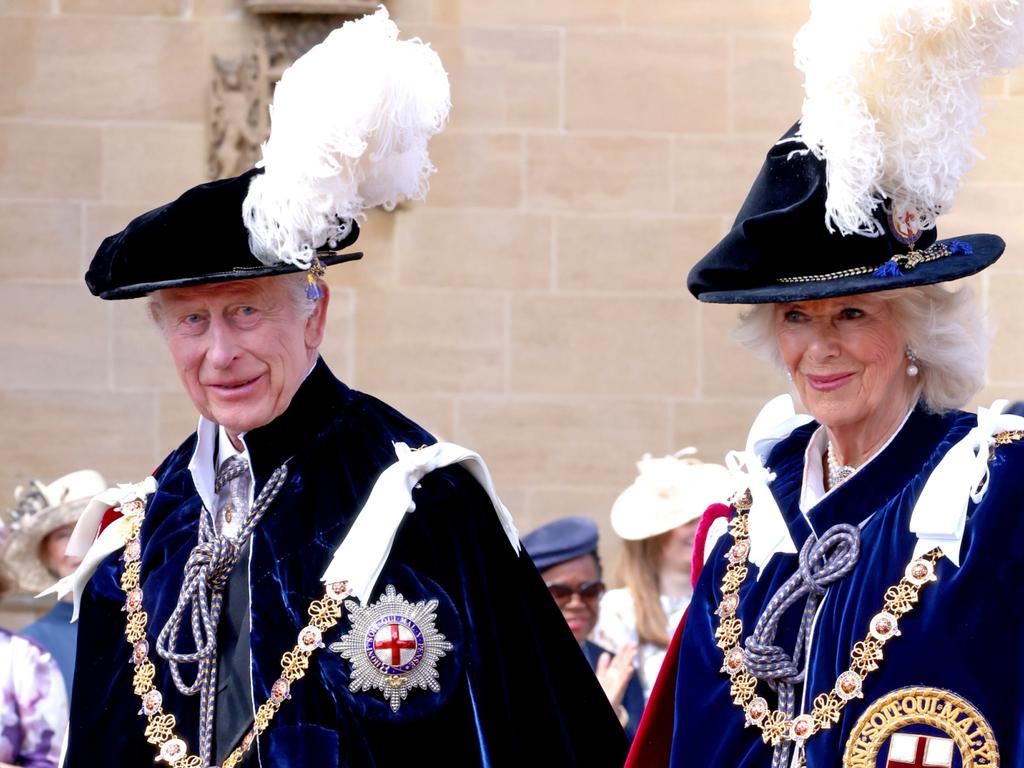
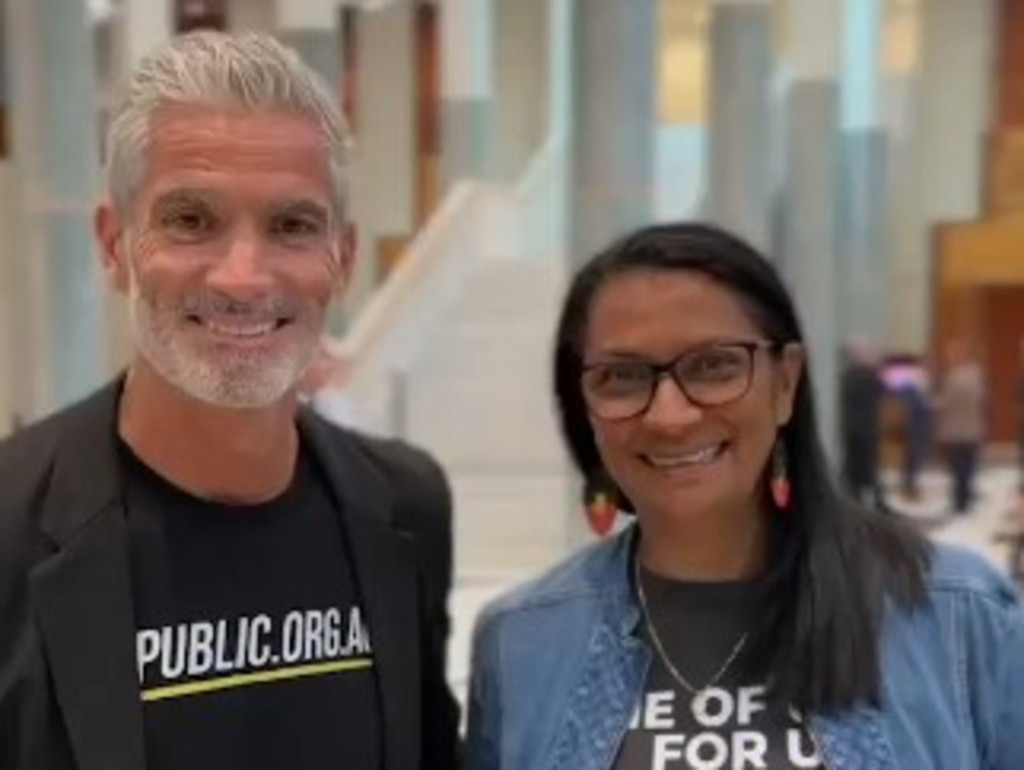
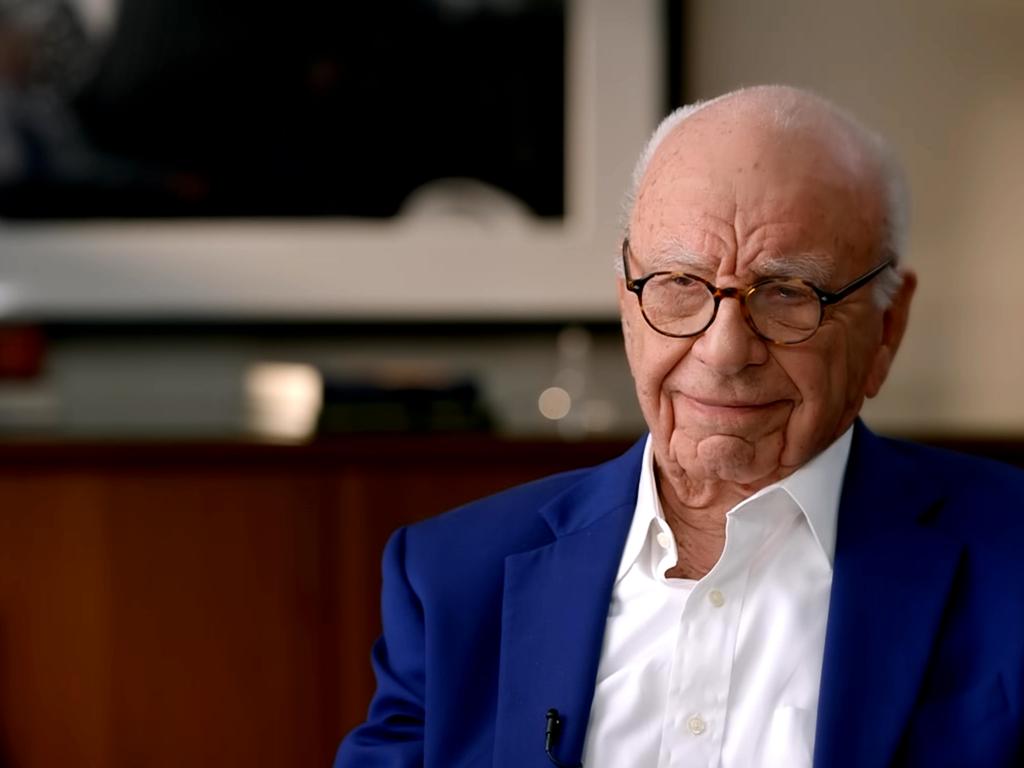


Republicans object to Australia’s hereditary monarchy, partly because it’s foreign and partly because it’s a medieval absurdity stranded in a modern, democratic age. If that were so – and if I were Australian – I’d object, too. But it’s not true.